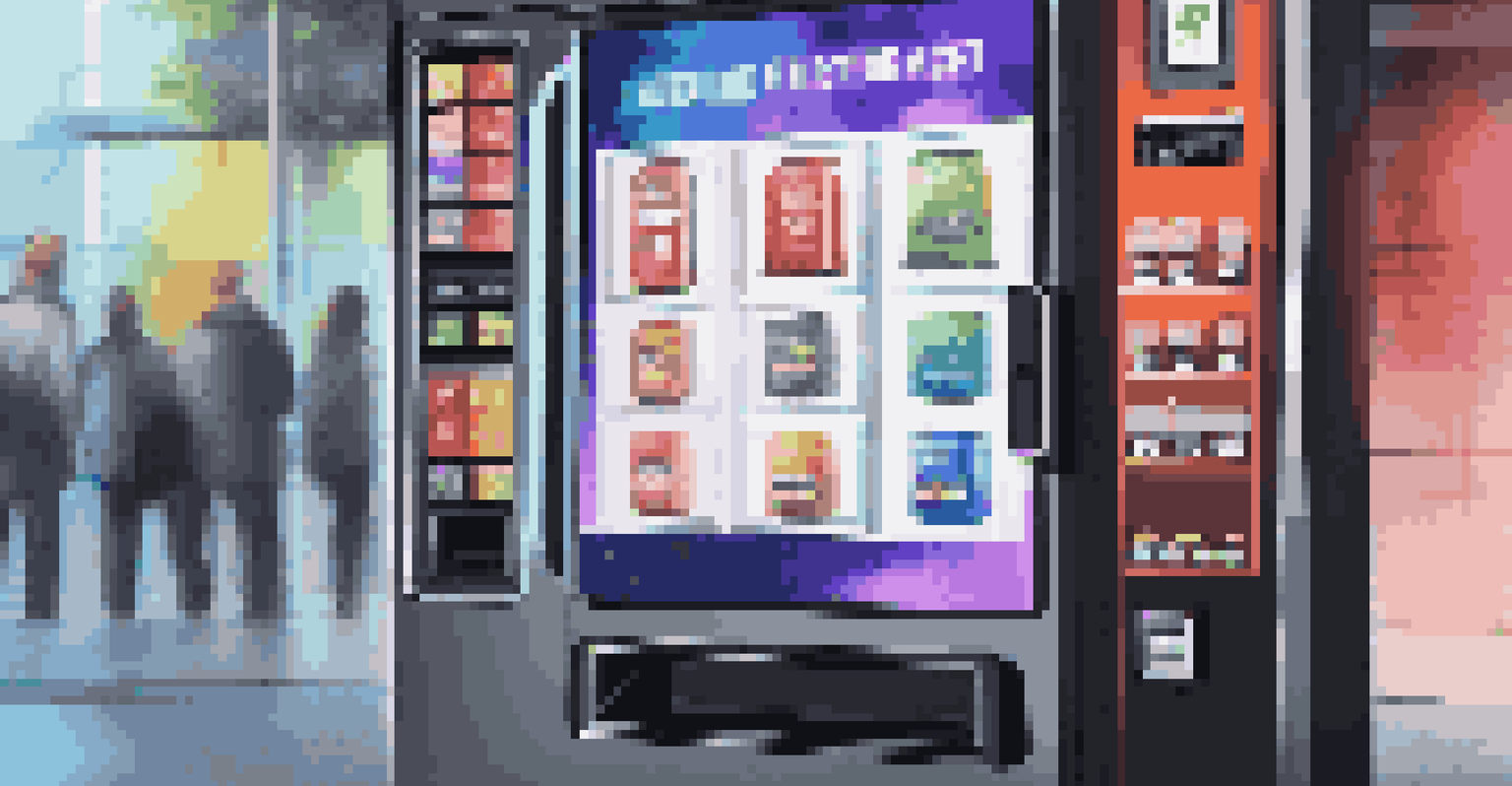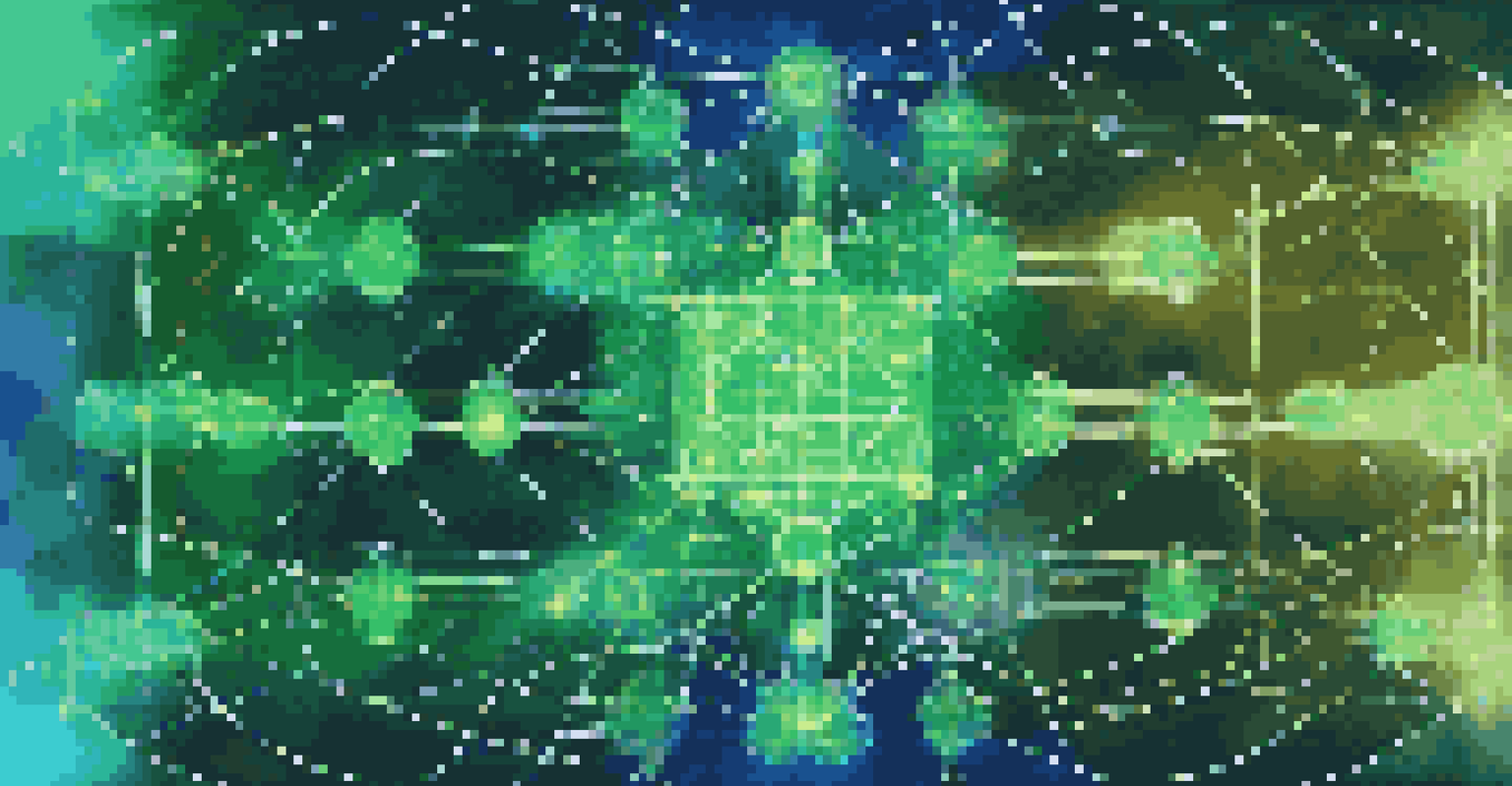Smart Contracts and Artificial Intelligence: A Synergistic Approach

What Are Smart Contracts and How Do They Work?
Smart contracts are self-executing contracts with the terms of the agreement directly written into code. They run on blockchain technology, which ensures transparency and security. When certain predefined conditions are met, these contracts automatically execute actions, eliminating the need for intermediaries.
Smart contracts are the digital evolution of traditional contracts, designed to automatically enforce agreements without third parties.
Imagine them as digital vending machines: you put in your money (or data), select what you want, and the machine delivers it without needing a cashier. This makes transactions faster, cheaper, and more efficient, which is why many industries are starting to adopt them.
As we dive deeper into the world of technology, smart contracts are becoming vital for various applications, including finance, supply chains, and even real estate, where they streamline processes and reduce human error.
Understanding Artificial Intelligence in Today's Context
Artificial Intelligence (AI) refers to machines or software that can simulate human intelligence processes, such as learning, reasoning, and self-correction. From virtual assistants like Siri to recommendation algorithms on Netflix, AI is woven into our daily lives more than we realize.

Think of AI as a supercharged assistant that can analyze vast amounts of data far quicker than a human ever could. This capability allows businesses to make data-driven decisions, predict consumer behavior, and even automate mundane tasks, freeing up time for more creative pursuits.
Smart Contracts Function Like Vending Machines
Smart contracts automate transactions by executing actions based on predefined conditions, akin to how a vending machine operates.
The integration of AI into various sectors is revolutionizing how we work and interact with technology, making it an essential part of modern innovation.
The Intersection of Smart Contracts and AI
When smart contracts and AI come together, they create a powerful synergy that enhances both technology's capabilities. Smart contracts can automate processes based on AI-driven insights, making them not only efficient but also context-aware.
The greatest benefit of AI is its capability to process and analyze data faster than any human, paving the way for smarter decision-making.
For example, consider an insurance claim process. An AI can analyze the claim data and determine its validity, while a smart contract can execute the payment automatically if the conditions are met. This combination reduces fraud and speeds up the claims process.
Thus, the collaboration between these technologies can lead to more intelligent automation, driving significant value across industries, from finance to healthcare.
Real-World Applications: Use Cases to Explore
There are numerous real-world applications where smart contracts and AI are proving their worth. In supply chain management, AI can analyze data to forecast demand, while smart contracts can automatically adjust orders to match these forecasts, optimizing inventory levels.
Another example can be found in the real estate sector, where AI can assess property values and predict market trends. Smart contracts can then facilitate transactions based on these insights, ensuring that all parties are protected and transactions are executed seamlessly.
AI Enhances Smart Contract Efficiency
The integration of AI with smart contracts allows for data-driven insights that automate processes and improve decision-making.
These use cases highlight how integrating AI with smart contracts can drive efficiency, transparency, and trust in various domains.
Challenges and Limitations in Integration
Despite the exciting potential of merging smart contracts with AI, there are challenges to overcome. One major issue is the complexity of programming smart contracts, as even minor errors in the code can lead to significant financial losses.
Additionally, AI systems often require vast amounts of accurate data to function effectively. If the data fed into these systems is biased or incomplete, it can result in faulty decision-making, impacting the reliability of smart contracts.
Therefore, addressing these challenges is crucial for ensuring that the integration of these technologies is both effective and secure.
Future Trends and Innovations on the Horizon
Looking to the future, the combination of smart contracts and AI is set to evolve significantly. With advancements in machine learning and blockchain technology, we can expect more sophisticated systems that enhance security, efficiency, and decision-making.
For instance, as AI continues to improve, we might see smart contracts that can adapt to changing conditions in real time, allowing for more dynamic agreements that reflect current market trends.
Future Innovations in Tech Synergy
Looking ahead, the combination of smart contracts and AI is expected to evolve, leading to more adaptive and secure systems across various industries.
This evolution could revolutionize industries by creating more resilient and responsive systems, paving the way for innovations we can only imagine today.
Conclusion: Embracing the Synergy for a Better Future
In conclusion, the synergy between smart contracts and artificial intelligence offers a glimpse into a more efficient and transparent future. By leveraging the strengths of both technologies, businesses can optimize processes and create better experiences for their customers.
As we embrace these innovations, it's essential to remain aware of the challenges and work towards solutions that can enhance their effectiveness. This proactive approach will ensure that we harness the full potential of this powerful combination.

Ultimately, the journey of integrating smart contracts and AI will shape the future of technology, driving us toward greater efficiency, security, and trust in our digital interactions.